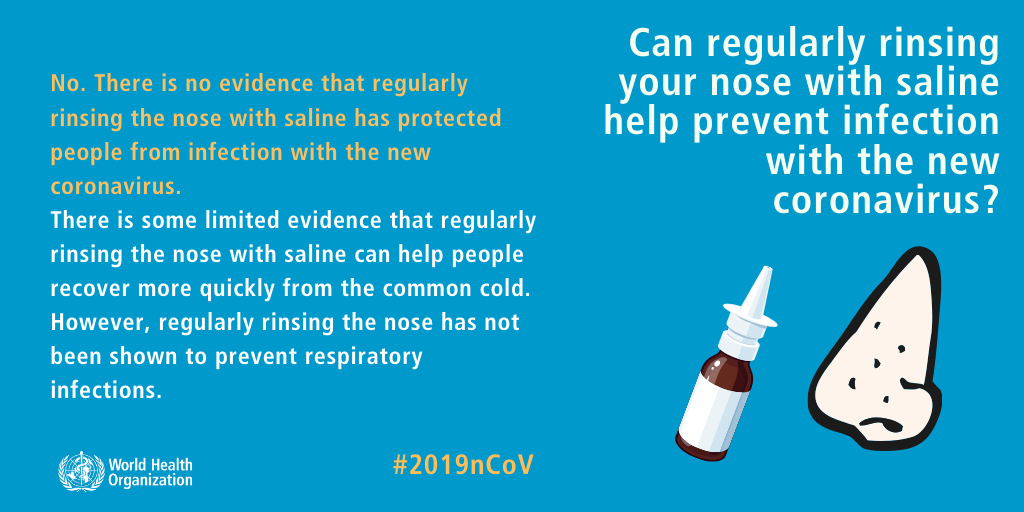'Stay at home' UK tells people as global confirmed cases pass 380,000 - Today's coronavirus updates

Image: REUTERS/Gleb Garanich - RC2WPF9P1RI5

Explore and monitor how COVID-19 is affecting economies, industries and global issues
Stay up to date:
COVID-19
As coronavirus continues to spread across the globe, here are some of the latest headlines and resources to help you arm yourself with the best information.
COVID-19’s impact around the globe
- Globally, confirmed cases reach 381,499.
- Total number of those who have recovered is 101,794.
- Biggest economies could fall into recession within months - OECD official.
- UK announces sweeping restrictions
- Federal Reserve official predicts US could reach 30% unemployment by June.
- Italy's deaths slow; smallest rise in five days.
- New cases in South Korea slow, but experts worry about a new wave.
What is the World Economic Forum doing about the coronavirus outbreak?
"Act fast and do whatever it takes’ say leading economists
Leading economists from around the world are calling for radical action to fight the economic fallout and blunt both the health impact and economic impact of the virus. In an eBook from the Centre for Economic Policy Research (CEPR), they urged governments to act quickly and consider a range of out-of-the box measures, including:
- ‘Helicopter money,’ where everyone gets a no-strings-attached handout.
- Eurozone countries issuing debt together rather than individually.
- State investment banks providing unlimited emergency lending to firms.
“This is the time to bring out the big artillery; this is not a time to be timid, but to do whatever it takes, fast,” they write. Read more here.

UK lock-down
British Prime Minister Boris Johnson addressed the nation on Monday night, outlining increased measures and restrictions to tackle the spread of the virus. As of Tuesday, all non-essential shops will be shut and people are to stay at home. Residents will only be allowed out to go shopping for essentials; one form of exercise a day; any medical need or helping a vulnerable person; and travelling to and from work if absolutely necessary.

Libraries, playground and places of worships are also closed, with all social events - except funerals - cancelled.
Read more here.
The pandemic is accelerating: WHO Director-General
At a briefing on Monday, World Health Organization officials stressed the need for aggressive measures to fight the virus. Countries need to combine physical distancing and other defensive measures with offensive tactics such as strategic testing of suspected cases, aggressive isolating of each confirmed case, and the efficient development new therapeutic treatments.
The Director-General noted the virus' quick acceleration, pointing out that it took just 4 days for cases to rise from 200,000 to 300,000. "You can’t win a football game only by defending. You have to attack as well." Read more here.
Accept our marketing cookies to access this content.
These cookies are currently disabled in your browser.
Protecting the world's most vulnerable - what's needed
As nations such as the United States and Italy struggle, experts worry that greater troubles loom for those with fewer resources, like the 900 million people who fall under the UN’s Least-Developed Country (LDC) status.
Preventable deaths can be avoided, however, if concerted efforts are taken to expand hospital capacity, to increase the manufacture of personal protection equipment, and ensure equitable access to vaccines when they are available. Read more here.
Accept our marketing cookies to access this content.
These cookies are currently disabled in your browser.
Fighting COVID-19 Myths: Nasal spray
Don't miss any update on this topic
Create a free account and access your personalized content collection with our latest publications and analyses.
License and Republishing
World Economic Forum articles may be republished in accordance with the Creative Commons Attribution-NonCommercial-NoDerivatives 4.0 International Public License, and in accordance with our Terms of Use.
The views expressed in this article are those of the author alone and not the World Economic Forum.
Forum Stories newsletter
Bringing you weekly curated insights and analysis on the global issues that matter.
More on Health and Healthcare SystemsSee all
Tom Crowfoot
July 30, 2025
Pranidhi Sawhney and Adam Skali
July 29, 2025
Mohammad Isham Jaafar and Gong Yingying
July 22, 2025
Shyam Bishen
July 17, 2025







